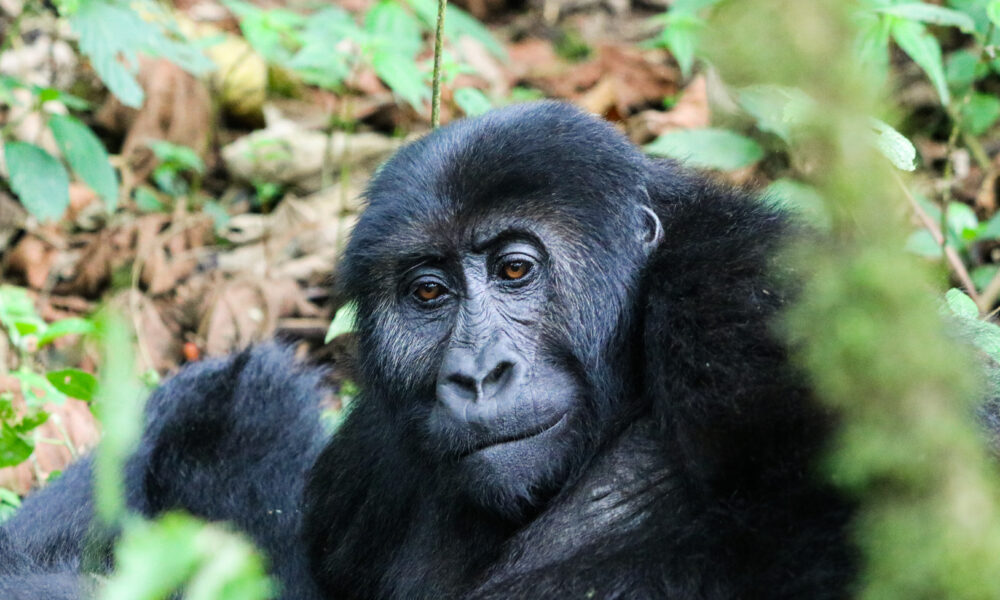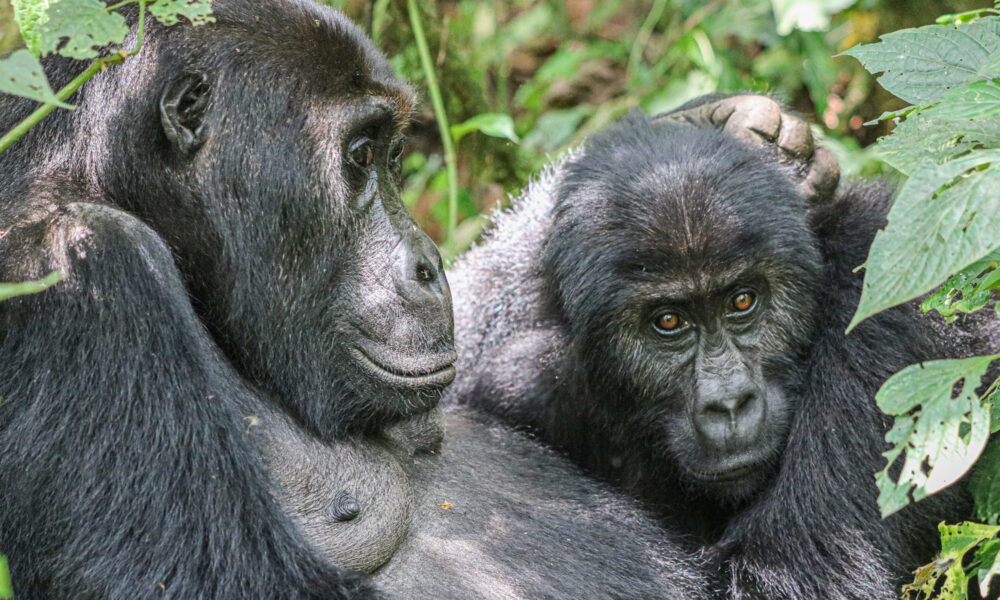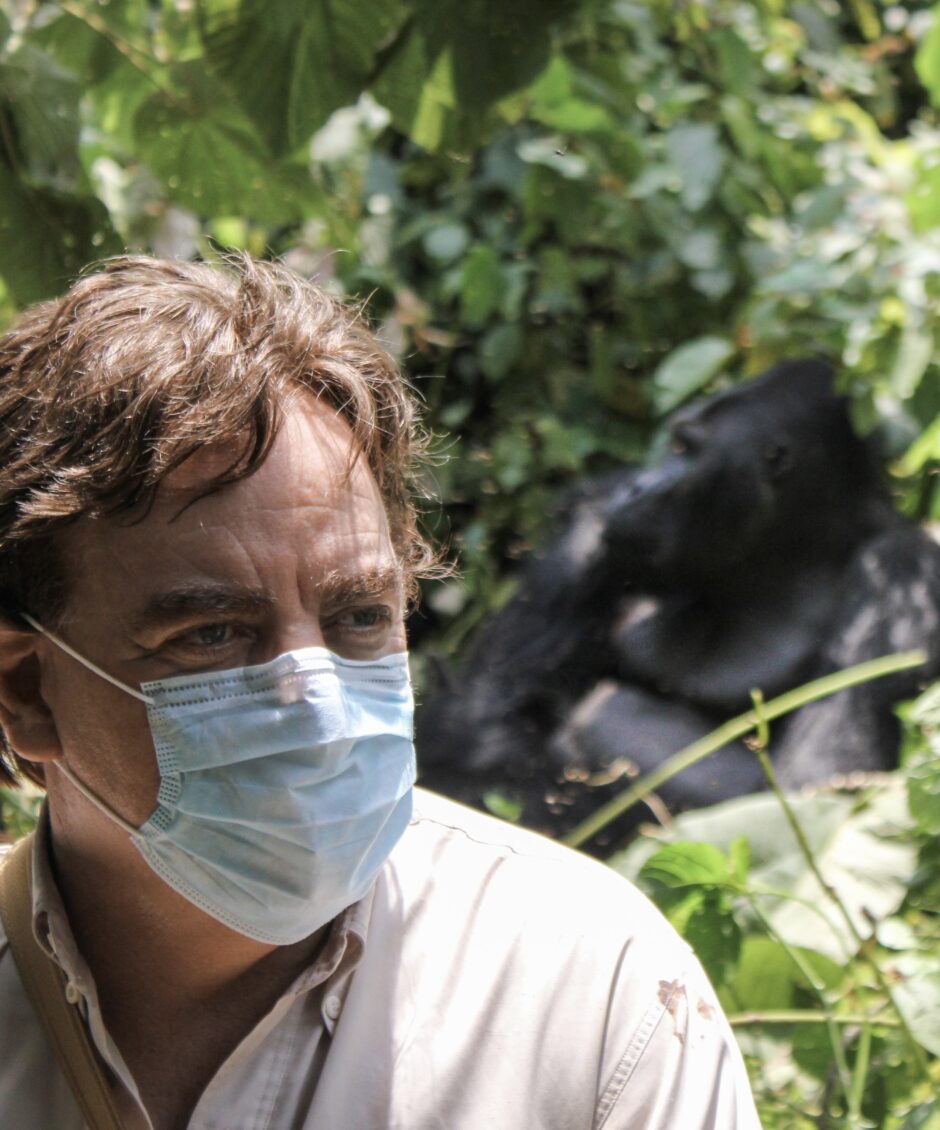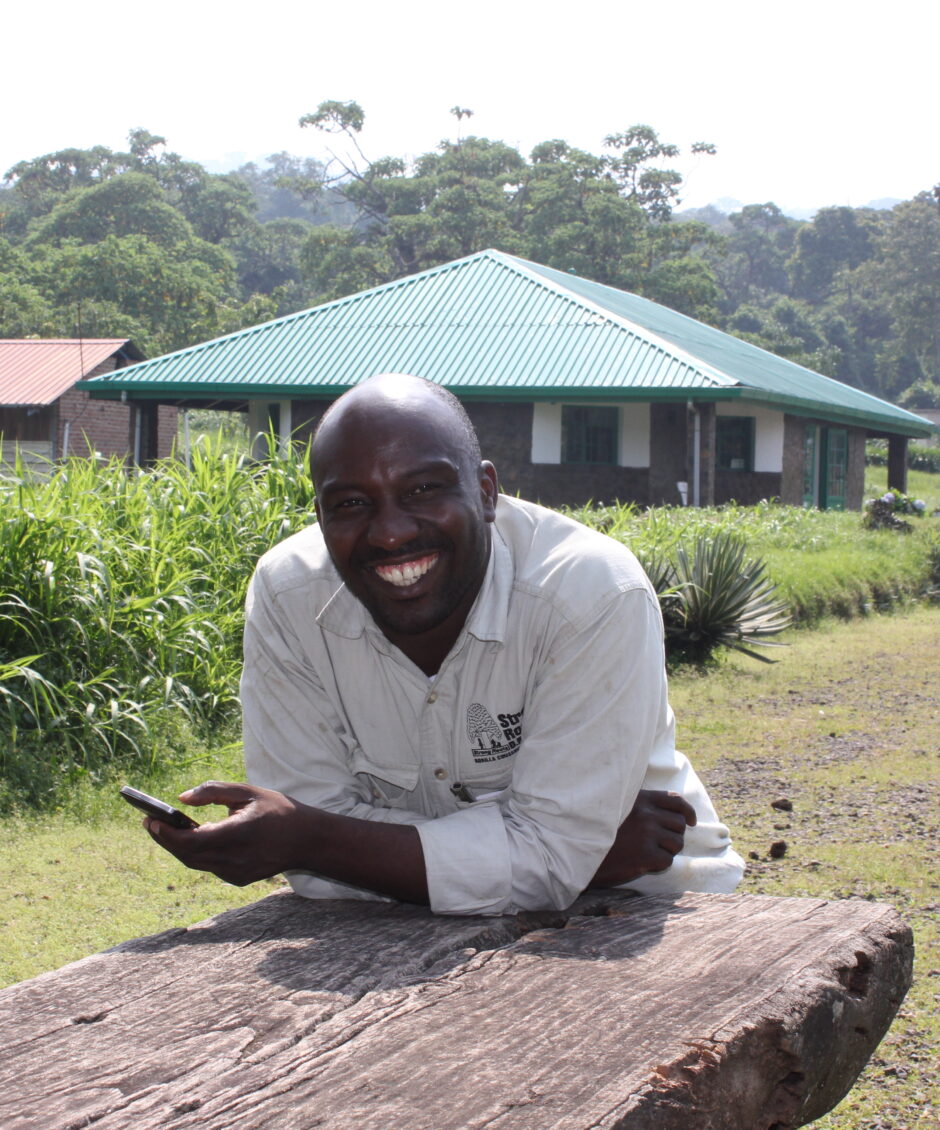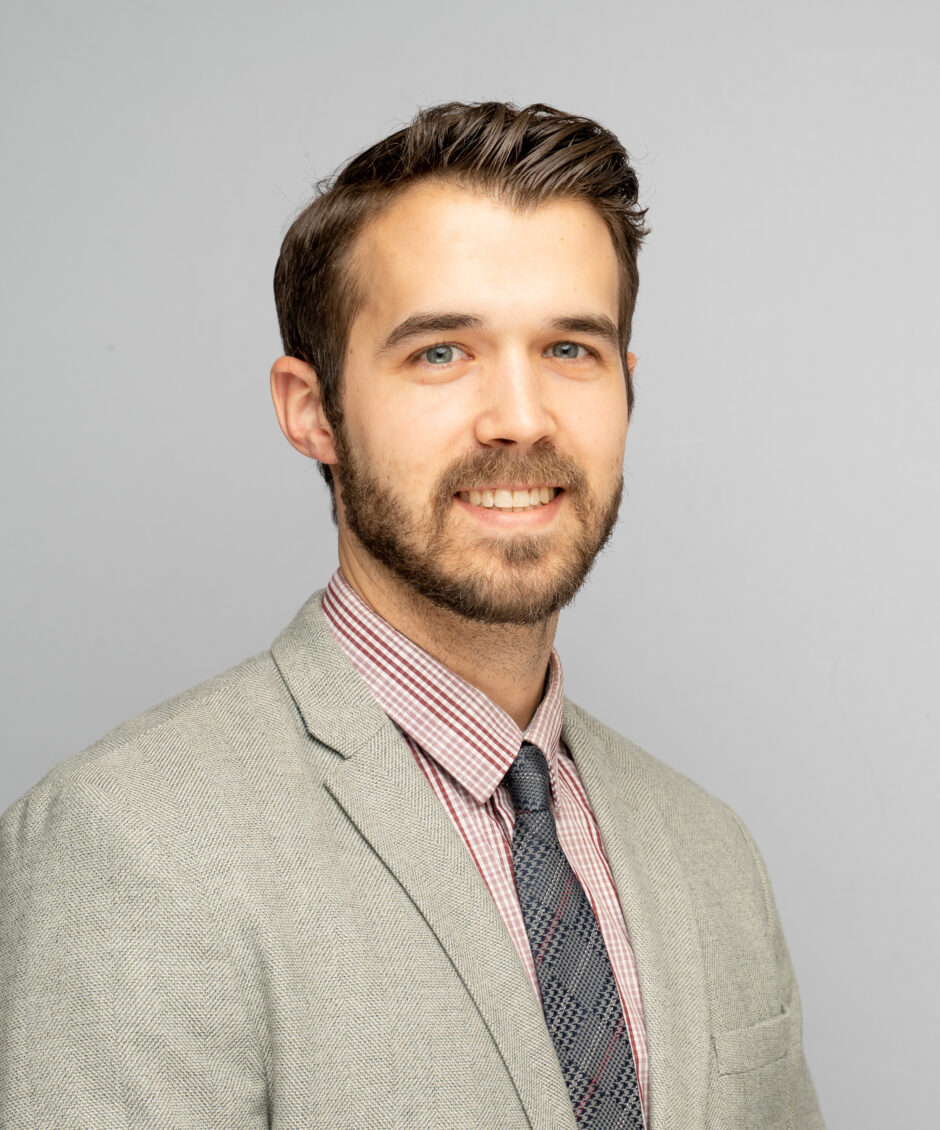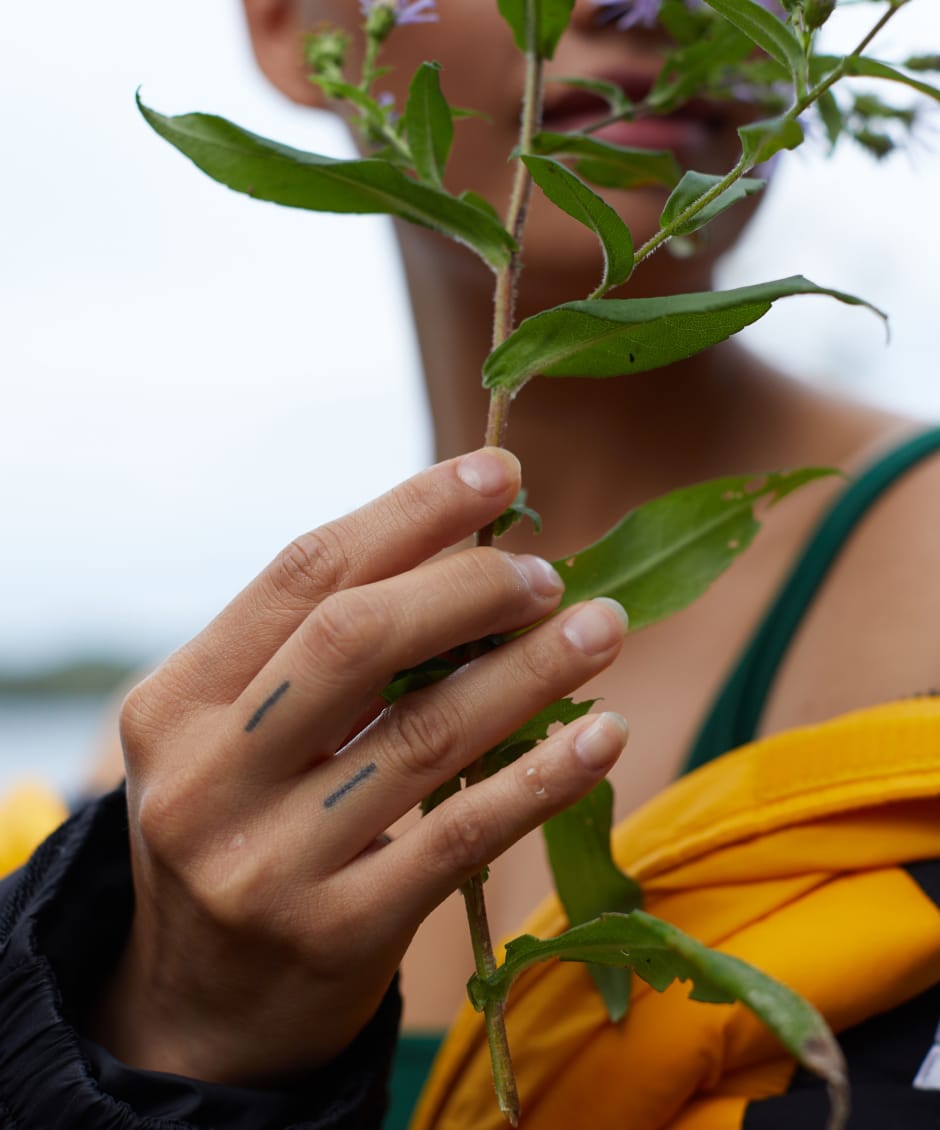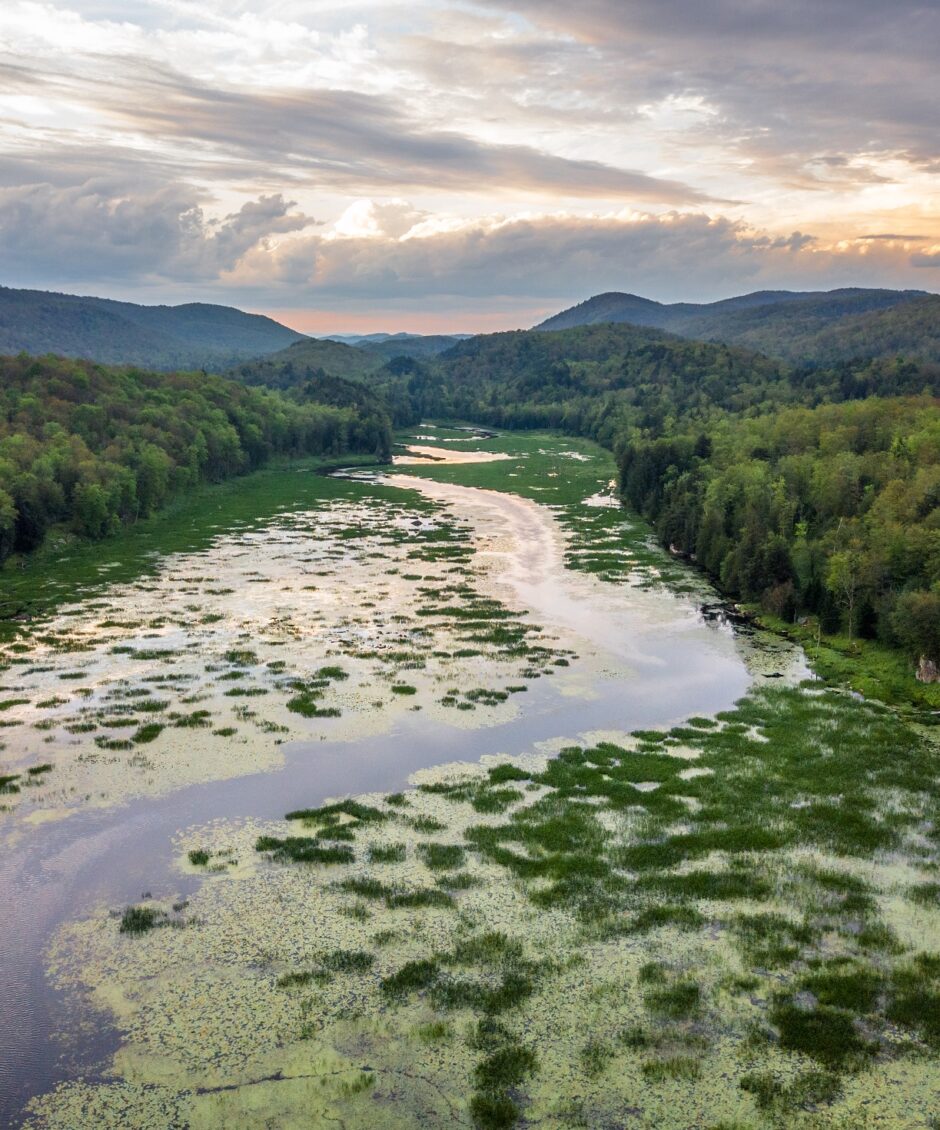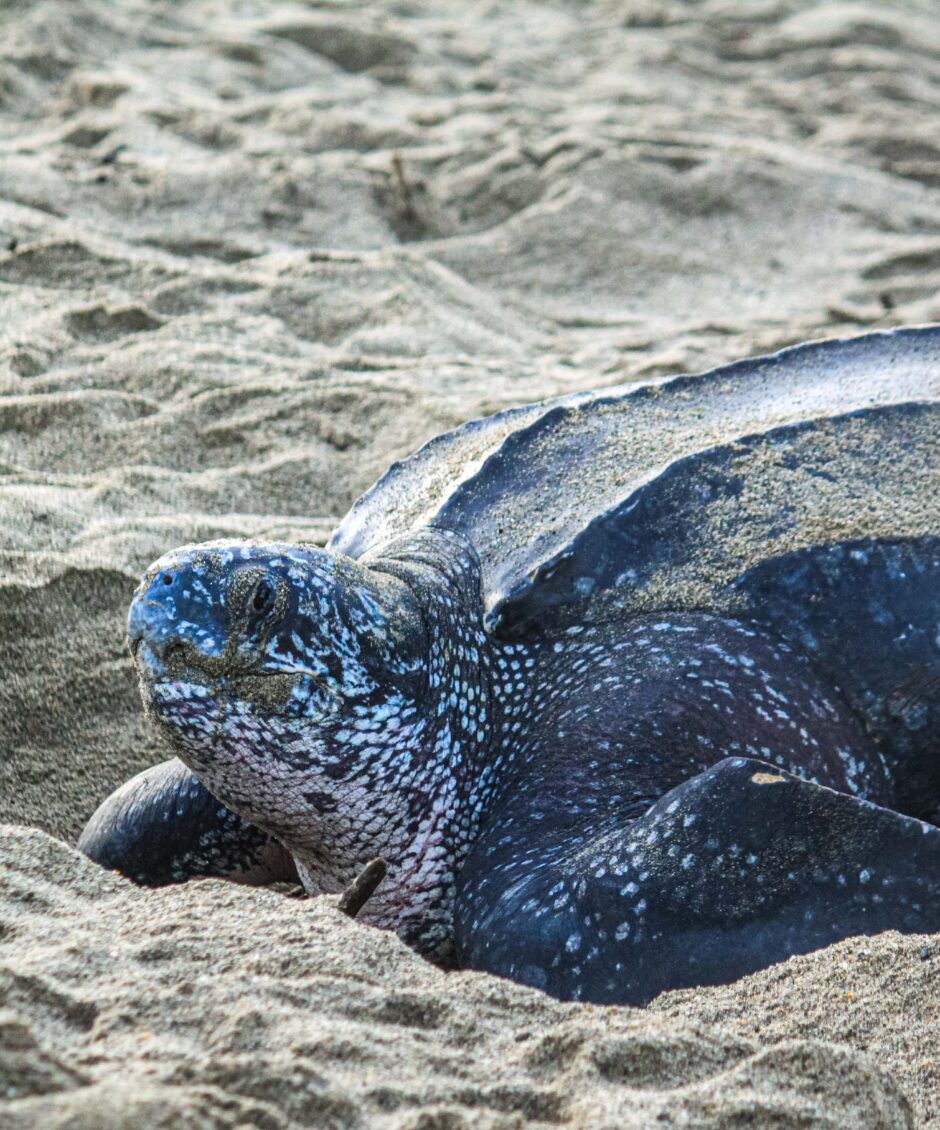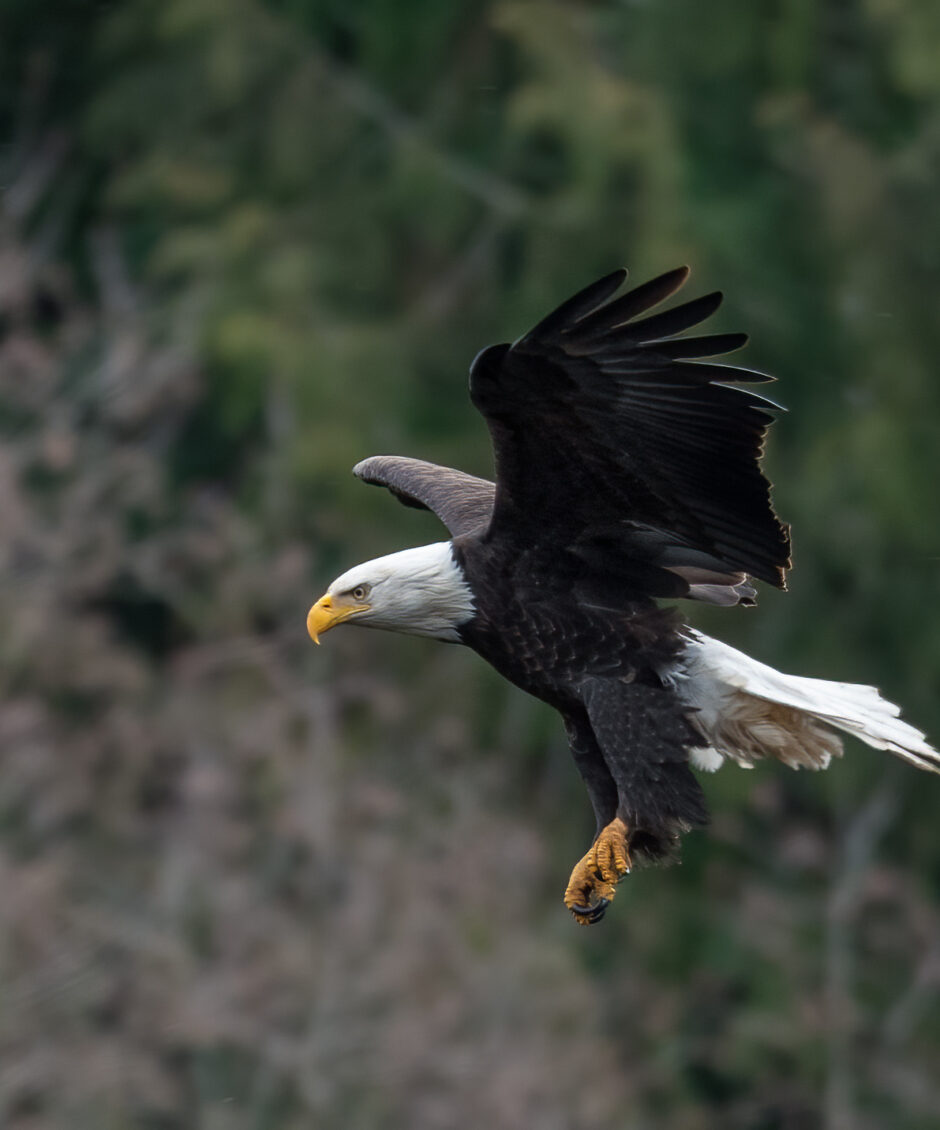Forest Health Alliance
(D.R. Congo)
Region Africa
Wildlife Corridor

The Congo Basin forest is the planet's second-largest tropical rainforest ecosystem after the Amazon. Located primarily in the Democratic Republic of Congo (DRC), it accounts for 26% of the world’s remaining tropical rainforest and plays an important role in slowing down global climate change through its absorption of greenhouse gases. It is also a rich and diverse ecosystem that provides food, fresh water, shelter, and medicine for local Indigenous communities, and it is home to various endangered wildlife species.
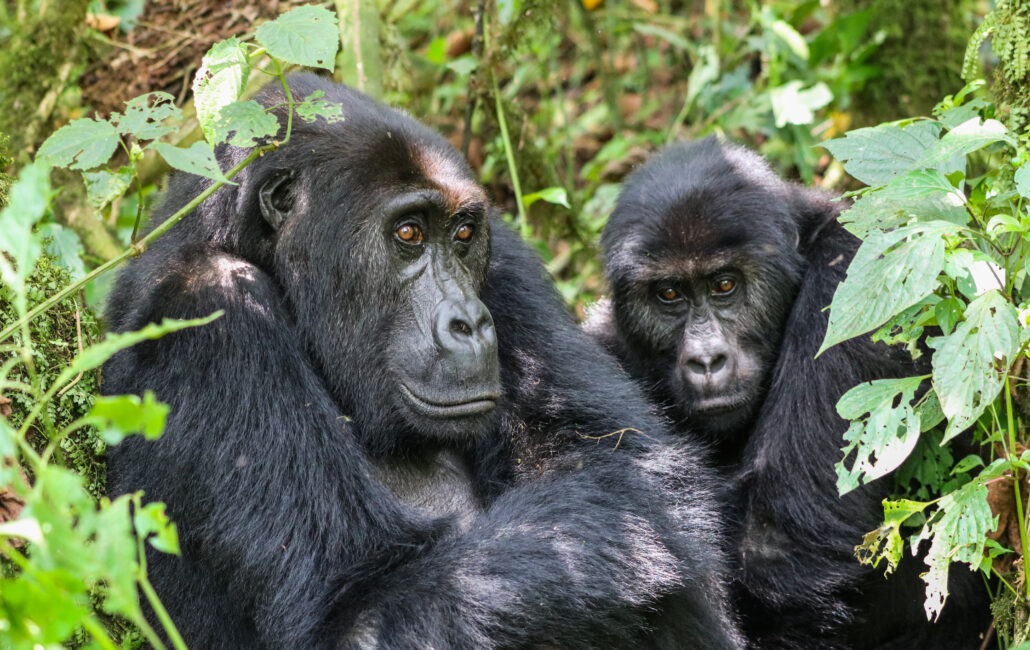
Forest Health Alliance advances conservation and awareness of all great apes and the environments they live in by respecting human needs. The organization ensures that conservation strategies reflect local cultures, as well as economic and political realities.
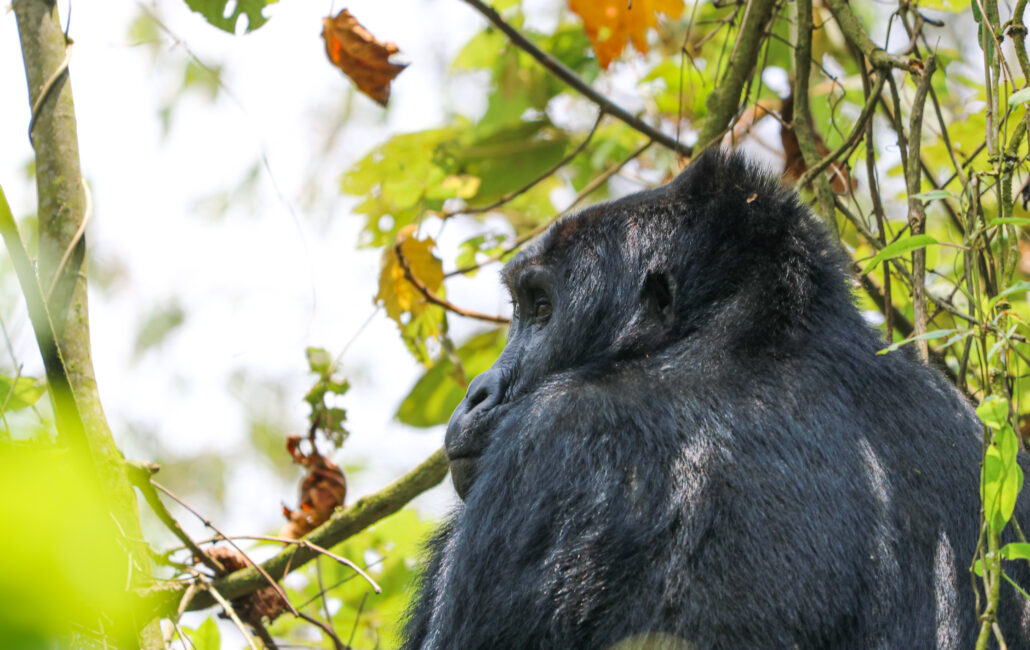
Forest Health Alliance’s Work in the Congo Basin Forest
Forest Health Alliance is working to protect the DRC’s lowland gorillas, chimpanzees, elephants, and other endangered species by building up and sustaining a wildlife corridor achieved through reforestation efforts and designated protected natural areas. Local community efforts are focused on sustainable agriculture practices, environmental education, and alternative livelihood practices that allow for climate change resilience.
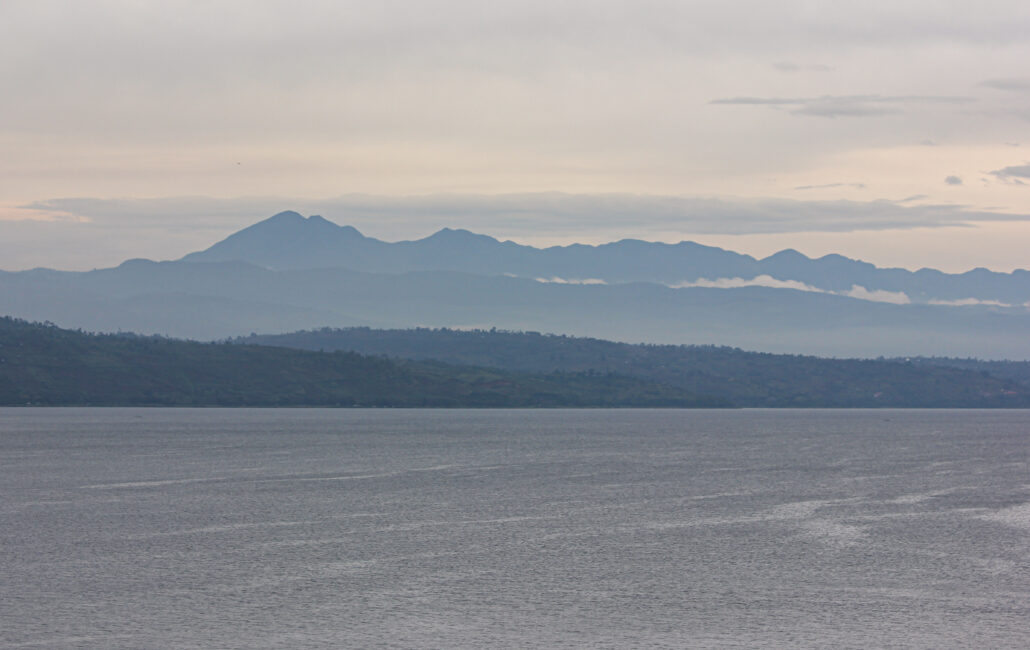
How Age of Union Is Helping
Since 2020, Age of Union has been working hand-in-hand with Forest Health Alliance and Strong Roots, a local grassroots conservation and sustainable development organization, in Eastern DRC. The goal of the partnership is to protect the great apes and create habitat connectivity for endangered species by building and conserving a wildlife corridor which also acts as a climate shield.
Age of Union, Forest Health Alliance and Strong Roots are working on expanding the corridor and placing land management and conservation into the hands of Indigenous communities.
Strategies include:
- Surveying and mapping zones of conservation of the Itombwe Nature Reserve;
- Supporting sustainable economic activities for Indigenous communities to prevent deforestation and reduce pressure on local resources and ecosystems;
- Aiding agroforestry initiatives to provide food security for Indigenous communities;
- Monitoring of the capacity of the region to act as a carbon sink through the installation of weather stations;
- Empowering the Batwa community with an emphasis on women to improve the overall environmental and human situation.
People ()
The
change
makers
Dr. Kerry Bowman
President and Founder
Toronto, Ontario
Dr. Kerry Bowman has a Ph.D. in Bioethics, a fellowship in Cultural Psychiatry, and a Masters degree in Social Work. He is an Assistant Professor appointed to both University of Toronto Joint Centre for Bioethics and The University of Toronto Centre for Environment. As well, he is the Clinical Ethicist for Mount Sinai Hospital in Toronto. Dr. Kerry Bowman is a Canadian bioethicist and environmentalist. As well, he is the Clinical Ethicist for Mount Sinai Hospital in Toronto. He teaches a broad range of courses related to the bioethics of health care, emerging technologies and Global and Planetary health. Dr. Bowman has previously worked on the UN Environment Programme (UNEP) Outlook reports 4,5 and 6. His primary focus has been the relationship between human health and the environment. Dr. Bowman is presently working on two major conservation projects in the Western Amazon and the Eastern Congo focusing on the intersection of human health with factors such as deforestation, biodiversity loss and emerging zoonotic diseases.
Dominique Bikaba
Founder and Executive Director
South Kivu, DRC
Dominique Bikaba is a South Kivu-based conservationist and the founder of Strong Roots. Strong Roots employs a unique model of conservation and development where scientists work closely with indigenous and local communities to apply local solutions to the environmental and protected areas management issues in the Democratic Republic of Congo. Strong Roots and Forest Health Alliance have been partners in creating and protecting DRC's wildlife corridor for the last 20 years. Dominique Bikaba has degrees in Rural Development where he specialized in Regional Planning, and in Forestry and Environmental Studies where he specialized in Ecosystem Conservation and Management. Bikaba has an extensive professional background in conservation and development for having served communities in the area for more than 15 years now. He has also served local, national and international organizations in and outside the DRC, what has provided him with skills and needed knowledge for conservation and development programs. Dominique Bikaba also seats on a number of organizations’ Boards of Advisors and Steering Committees.
Matt Brunette
Corridor Project Coordinator
Toronto, Ontario
Matt Brunette has a Master’s degree in environmental science with a specialization in climate change impact assessment. He is an energy and sustainability consultant in Toronto where he helps businesses enhance their energy efficiency. Matt is the Corridor Project Coordinator at the Forest Health Alliance where he supports corridor project research/planning and coordinates project partnerships. Having been involved with the Forest Health Alliance for the past several years, he regularly visits the eastern Democratic Republic of Congo to monitor progress and add capacity to local partners. Matt is currently conducting research on climate change impacts in the Kahuzi-Itombwe corridor to help inform project planning and resilience strategies.
More projects
Impact Report
(Global)
North America
Kenauk
(Canada)
Caribbean
Nature Seekers
(Trinidad)
North America
Pitt River Watershed
(Canada)
North America
